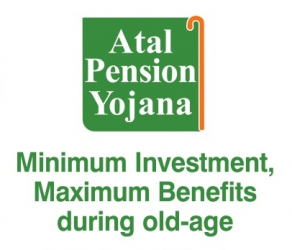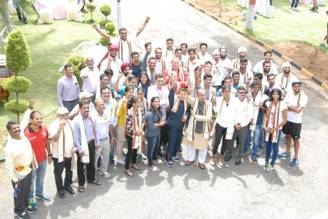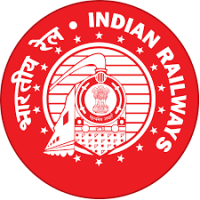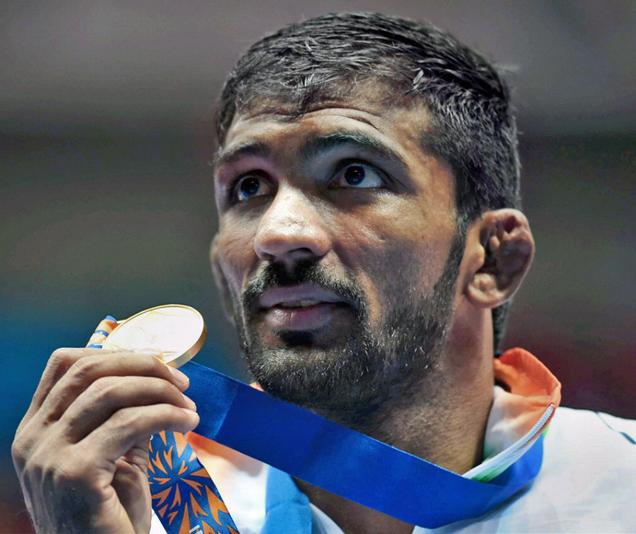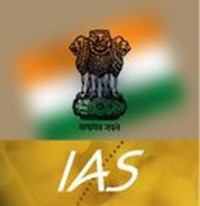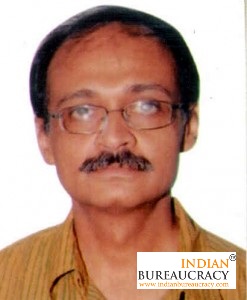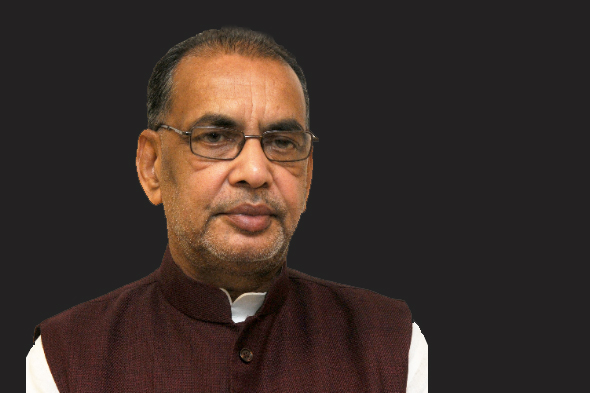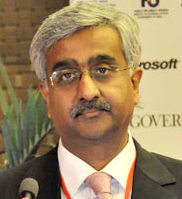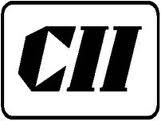Atal Pension Yojana is being implemented through the APY Service Providers comprising of Public Sector Banks, Private Sector Banks, Regional Rural Banks, Cooperative Banks and Department of Post both in urban and rural areas across the country. The total number of subscribers registered under APY as on 30th June 2016 has crossed 30 lakh and every day nearly 5000 new subscribers are added.
The scheme provides for a co-contribution from Government of India for those who have registered before 31/3/2016 with an amount of 50% of the subscribers contribution up-to a maximum of Rs. 1000/- and these subscribers will be eligible for co-contribution for a period of 5 years from 2015-16 to 2019-20. Only those subscribers who are not income tax payers and not part of any other social security schemes are eligible for Government of India co-contribution. Keeping in view the above, Government of India through PFRDA has released co-contribution for the FY 2015-16 for 16.96 lakh eligible subscribers amounting to Rs. 99.57 crores. The Subscribers who have any pending contributions in their APY account till March 2016 won’t be paid with co-contribution. They have been advised by PFRDA to regularize their APY account so as to get Government of India co-contribution in the month of September. Government of India co-contribution is payable only when accounts are regular and the admissible Government of India co-contribution is paid into the Savings Bank account of the Subscribers.
Atal Pension Yojana, provides minimum guaranteed pension ranging between Rs. 1000/- to Rs. 5000/- per month for the subscriber from the age of 60 years. The Same amount of pension is paid to the spouse in case of subscriber’s demise. After the demise of both i.e. Subscriber & Spouse, the nominee would be paid the pension corpus. There is also option for Spouse to continue to contribute in APY account of subscriber for balance period, on premature death of subscriber before 60 years, so that pension can be availed by Spouse. Also, if the actual returns on the pension contributions during the accumulation phase is higher than the assumed returns for the minimum guaranteed pension, such excess returns are passed on to the subscriber, resulting in enhanced scheme benefits.


